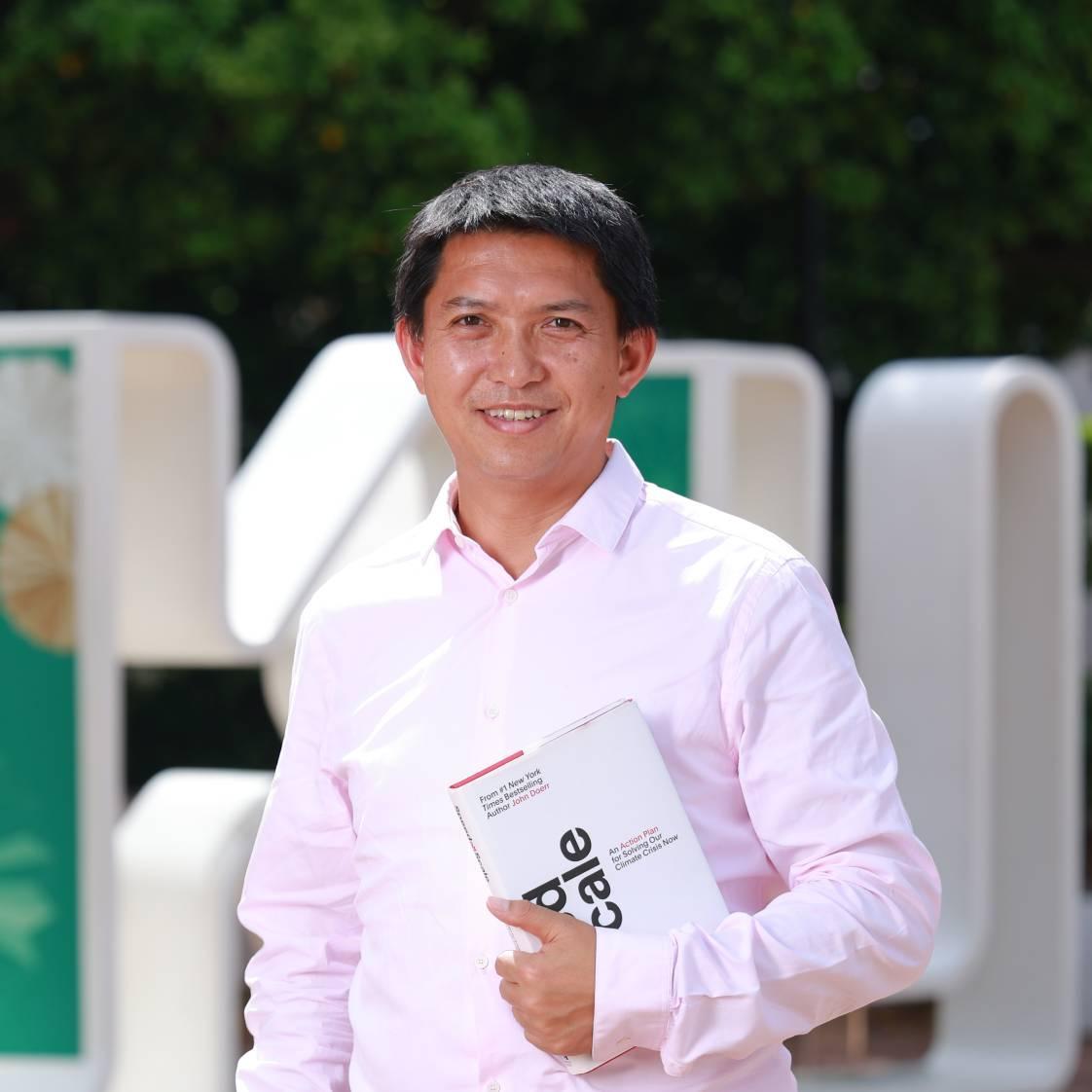

Words from Programme Director

Top 5 questions about the Master of Sustainable Accounting and Finance programme, answered by our Programme Director Prof. Dragon Yongjun TANG.
-
Q1
Why do I choose Sustainable Accounting and Finance as a master degree?
Sustainable accounting and finance issues are fast developing all over the world. Investment companies, corporate sectors and government agencies are increasingly concerned of environmental, social and governance problems that need to be solved urgently. After a comprehensive study in this programme, they can effectively participate in the marketplace, develop a successful career, and contribute to the betterment of our society.
-
Q2
Sustainable Accounting and Finance is such a new area, may I know the academic focus?
The programme has interdisciplinary academic focus. Students are required to successfully complete courses on ESG from the perspectives of finance, accounting, economics, management, and so on. Students will grasp the key ideas of climate economics, sustainable investment, ESG ratings, and so on. Some topics will cover the latest technological developments such as the blockchain-based digital green bonds. Students will gain fundamental knowledge and develop critical thinking about sustainable accounting and finance.
-
Q3
What is the proportional allocation of ‘E’, ‘S’ and ‘G’?
The curriculum does not treat the three components of ESG equally. Instead, the ‘E’ component is given more weight and focus than the ‘S’ and ‘G’ components. Students will learn sustainable and green financial products. They will also study ESG disclosures and reporting. Other topics include carbon market and climate finance.
-
Q4
How does the capstone project work?
The capstone project course is one of the most special features of this programme. It is a good opportunity for students to apply what they have learned in the programme to actual corporate and market situations. Students can work with industrial corporations, investment firms or government agencies to provide effective solutions to practical problems related to ESG issues. Examples include corporate ESG management, sustainability strategies, and building ESG portfolios. Experiential learning and knowledge exchange are encouraged. Students can also work on a research project under the supervision of course instructors.
-
Q5
What is the professional development from this programme?
The graduates will play critical roles in achieving the United Nations’ Sustainable Development Goals and the two-degree temperature of Paris Agreement in corporations, financial institutions and government agencies. The courses will cover important topics faced by investors, managers, and policy makers, such as science-based target setting. Many ongoing innovations such as green, sustainable, sustainability-linked bonds will be explained in classes. ESG disclosure and reporting standards will also be taught in detail and help students to jump start their career in related areas. Students will engage in debates and address controversies on ESG issues. Some graduates will become chief sustainability officers or other top executives of their organizations.



 23rd Feb,2026 Monday
23rd Feb,2026 Monday 12:00 noon (GMT +8)
12:00 noon (GMT +8)


